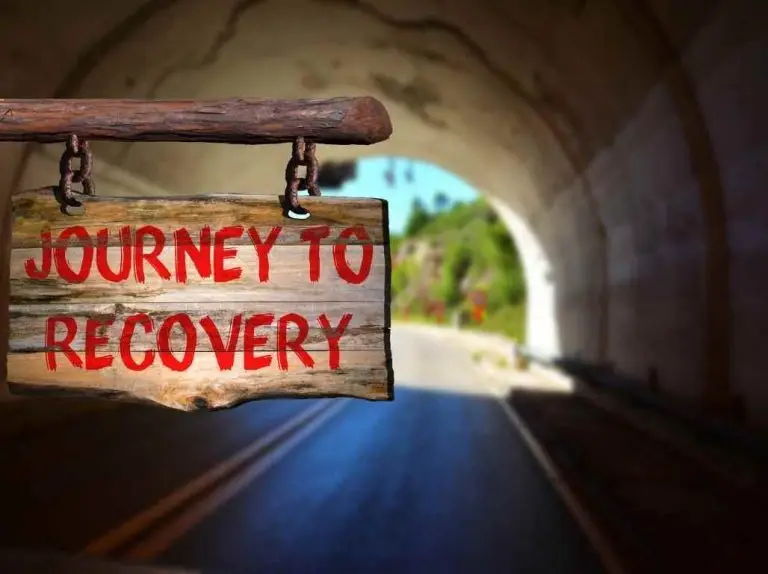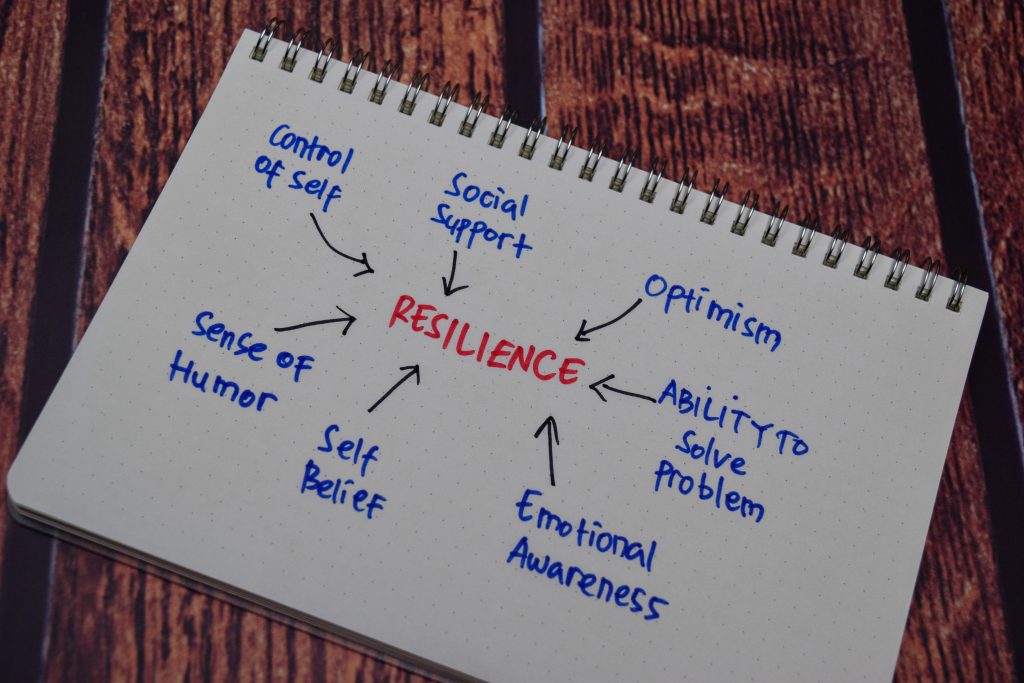Resilience In Recovery Is Key To Overcoming Obstacles
Are you coping with an obstacle that feels overwhelming? Resilience in recovery provides the most important tool for you to bounce back. So what is resilience and how do you get it? Recovery represents that time after a major negative change in your life when you learn new ways to cope, and then thrive. Recovery doesn’t come naturally by magic. You have to set the environment for improvement and then use the new tools you’ve learned. It’s like learning to read, or riding a bike that once learned stays with you.
One of the most valuable skills you can learn is the art of bouncing back. That is what resilience is all about. Resilience is all the ways you can effectively deal with situations that allow you to move forward and become stronger. Without resilience, you might very well end up right back where you started.
There are many ways of learning the skills needed to become more resilient, but the best way for you may be to speak to psychology providers who can guide you through the process.
Building strong, healthy relationships for support would also help you along your journey to recovery. Having someone who understands what you are going through and is willing to assist you with building your resilience may make the path to recovery much smoother.
Ways To Build Your Resilience In Recovery
Instead of reacting impulsively, stop and pause for a while. Think of other ways you can handle the situation and implement them next time you feel the anger rising. Responding rather than reacting will help you have more control over your emotions as well as the situation.
Resilience In Recovery Means Facing The Truth
The steps to lasting recovery are based on three stops along the path to healing. The first is stop is awareness, which we’re calling face the truth here. Awareness, or face the truth, means you stop denying what’s happened and see it for what it really is. Awareness of your reality can be painful, but it’s necessary before you get to your next stops, acceptance and action.
One way to face the truth is to journal every day. Say, after your coffee or morning drink. Take a few minutes to jot down where you are. You can write about your challenge, your story, your recovery steps. Just take a few minutes to face the truth. Facing the truth can even be about your progress. When you face the truth every day, whether it’s positive or negative, you’re moving through acceptance toward action and solution.
Be In The Moment To Establish Resilience In Recovery
Let’s go back to your morning drink, and think, time. Here’s a great example of learning how to be in the moment. It means stopping to smell the coffee and experiencing pleasure in what’s around you right now. When you’re in the moment you’re bringing joy back after a chaos and pain? It’s a great tool to enhance resilience. Start counting all the things you love that you see every day to get new thoughts going.
Why is this important? Your thoughts tend to drift to everything to work, relationship issues, future problems, old negative thinking. When this happens, bring yourself back in the moment by becoming aware of your immediate surroundings.
See how long you can keep your thoughts focused on what you observe around you. Basically, stop and smell the flowers. If you find your thoughts wandering to the past or to future problems you think you might have, bring yourself back to the present by gently reminding yourself that you need to focus on the here and now.
Resilience In Recovery: Stop Making Excuses
I’m tired. No, I can’t do this today. Go to a meeting and connect with people, not what I want to do today.. How many times have you made excuses for not doing something you know you should do. Making excuses can be anything at all that you did or didn’t do. Here’s where awareness, acceptance, and action all come together. Taking responsibility for your actions is a great step towards recovery.
When you can follow through with a good choice, you are beginning to connect the dots. Yes, I will go to to the meeting. I can admit I was wrong about something. Oh, and I will help others. Following through with what I promised. Yes, I can also follow through with journaling and positive actions, no matter how small.
Doing this will set the stage for greater responsibility.Sometimes you need to confront yourself with the harsh realities of daily life. It can be very painful to face them, and you would often make excuses for your behavior in order to avoid responsibility for them.
Resilience In Recovery: Look Forward, Not Back
Shame and guilt are two of the feelings that most people in recovery have to deal with. Give yourself something to look forward to and put your energy towards these positive steps in order to get in the right direction. Don’t be too hard on yourself, you are on the path to recovery, and that in itself is a significant achievement.
You should never forget the experiences that shaped your current reality, but there is no need to dwell on the past. Having the realization that you need help to recover is a skill that you have already started to implement. Keep moving forward and bring more positive experiences into your life.
Resilience In Recovery: Learn To Control Your Anger
You may have been in a situation where you got so angry that you threw things, kicked the wall or shouted at the person closest to you, all in an effort to get rid of that built-up anger. Every time this happens, it always seems impossible to control your actions.
Channeling your anger in more productive ways, will help you to release the tension without doing harm to yourself or others.
For Resilience In Recovery To Work
Have compassion for yourself and where you are in your recovery process. There are no quick-fix solutions for establishing resilience in recovery. You have to work on building your resilience every single day. The good news is that you don’t have to struggle alone. You can reach out to a psychology provider, involve family members and friends in your recovery process, and find others who can add to your support system. Build your resilience and create the future that you want to have.
More Articles To Read
9 Common Mental Health Challenges
Chronic Pain Management: What’s Best






















